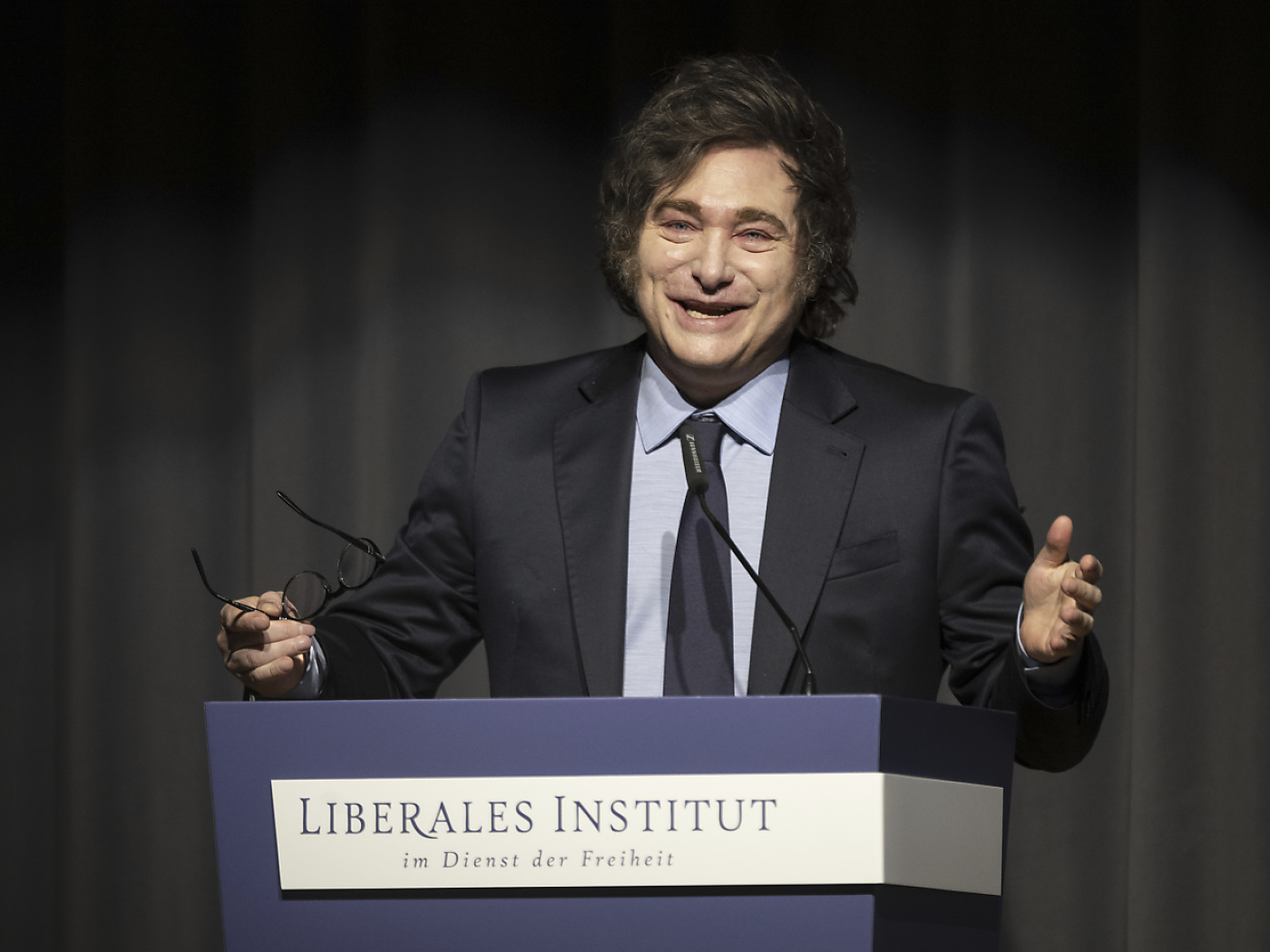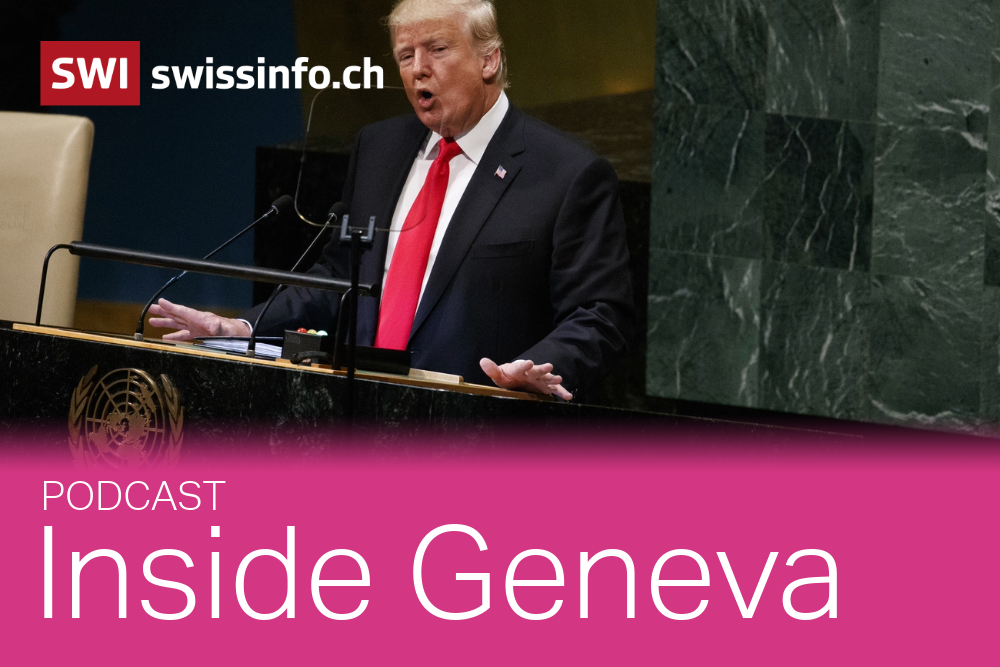
Milei orders Argentina’s withdrawal from the World Health Organization

Argentinian president Javier Milei has announced plans to pull the country out of the Geneva-headquartered World Health Organization (WHO).
+ Get the most important news from Switzerland in your inbox
His spokesperson cited major disagreements over health policies and the political sway of certain member states.
“The president has directed Foreign Minister Gerardo Werthein to pull Argentina out of the WHO,” presidential spokesperson Manuel Adorni announced at a press conference. He added that Argentinians “will not allow an international organisation to interfere with our sovereignty, especially our health.”

More
Inside Geneva: Trump and the UN
Highlighting the “differences” over health management, the spokesperson pointed to “the pandemic, which under Alberto Fernandez’s government (centre-left, 2019-2023) led to the longest lockdown in human history,” and criticised the WHO’s “lack of independence from the political influence of certain states.”
He added that this withdrawal will give the country “more flexibility to implement policies tailored to Argentina’s needs and interests, better access to resources and it reaffirms our commitment to being a sovereign nation in health matters.”
+ How Trump’s orders could affect Switzerland
Argentina’s announcement follows the recent decision of the United States to leave the WHO. At the end of January, US President Donald Trump, upon returning to the White House, signed an executive order to withdraw the US from the organisation, which he had previously criticised for its handling of the Covid-19 pandemic.
Milei, who has been in power since December 2023, has often shown his ideological and personal alignment with the US president, whom he sees as his main ally.
+ The outlook for International Geneva in 2025
Since the US announced its withdrawal, the WHO has expressed regret over Trump’s decision and hopes the US will “reconsider”. The US withdrawal is set to take effect at the end of January 2026.
Translated from French with DeepL/sp
This news story has been written and carefully fact-checked by an external editorial team. At SWI swissinfo.ch we select the most relevant news for an international audience and use automatic translation tools such as DeepL to translate it into English. Providing you with automatically translated news gives us the time to write more in-depth articles.
If you want to know more about how we work, have a look here, if you want to learn more about how we use technology, click here, and if you have feedback on this news story please write to english@swissinfo.ch.

In compliance with the JTI standards
More: SWI swissinfo.ch certified by the Journalism Trust Initiative

























You can find an overview of ongoing debates with our journalists here . Please join us!
If you want to start a conversation about a topic raised in this article or want to report factual errors, email us at english@swissinfo.ch.